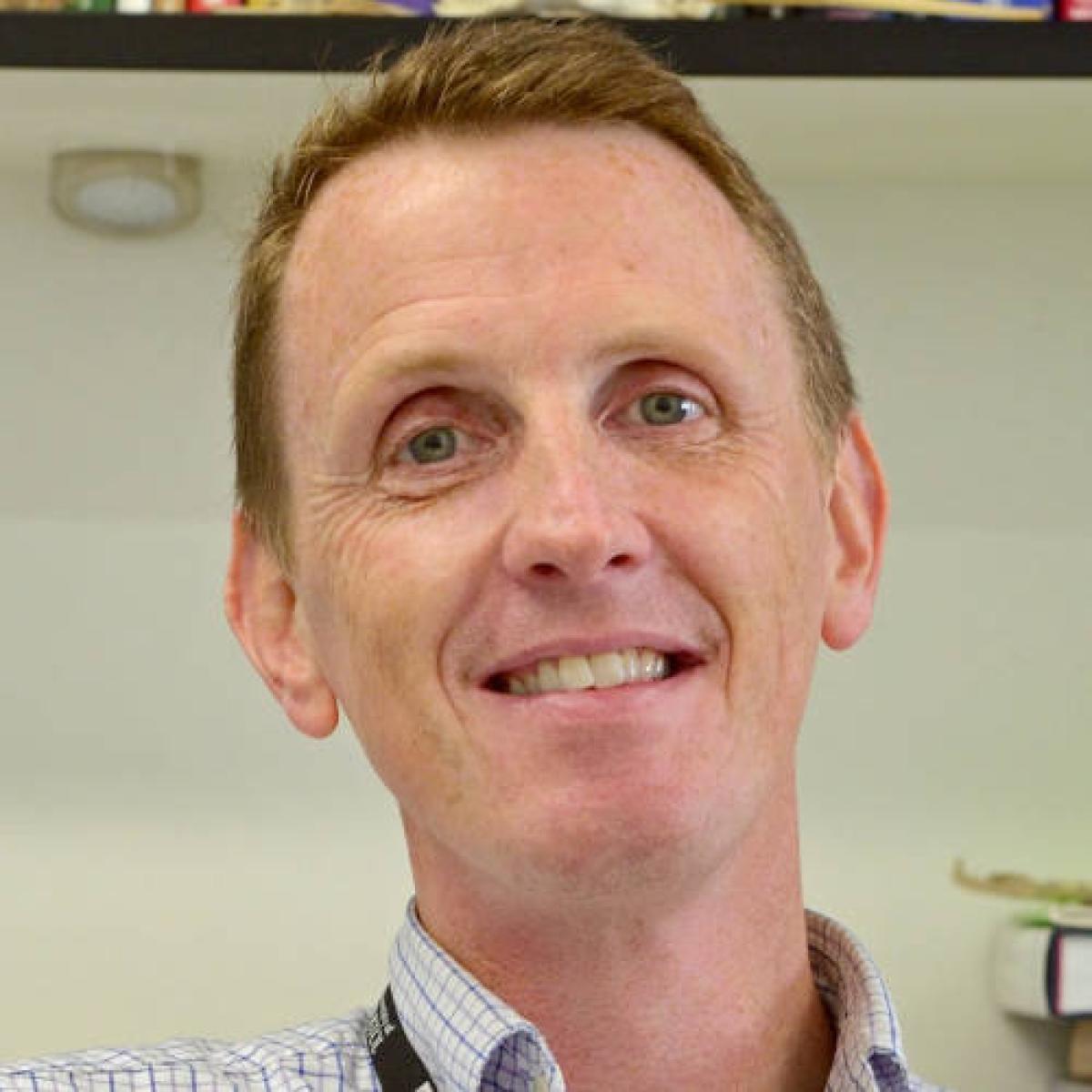
Philip C. J. Donoghue - University of Bristol, UK President

Philip C. J. Donoghue - University of Bristol, UK
President
Phil is based in the School of Earth Sciences at the University of Bristol. His main research interests are in major evolutionary transitions, their causes and consequences, trying to draw together evidence from the fossil and genomic records of evolutionary history.
Phil is President of the Palaeontological Association for 2025-2027.
Email: philip.donoghue@palass.org.

Paul Barrett - The Natural History Museum London, UK President-Elect

Paul Barrett - The Natural History Museum London, UK
President-Elect
Paul Barrett [details to follow...]
Paul is President-Elect of the Palaeontological Association.
Email: paul.barrett@palass.org
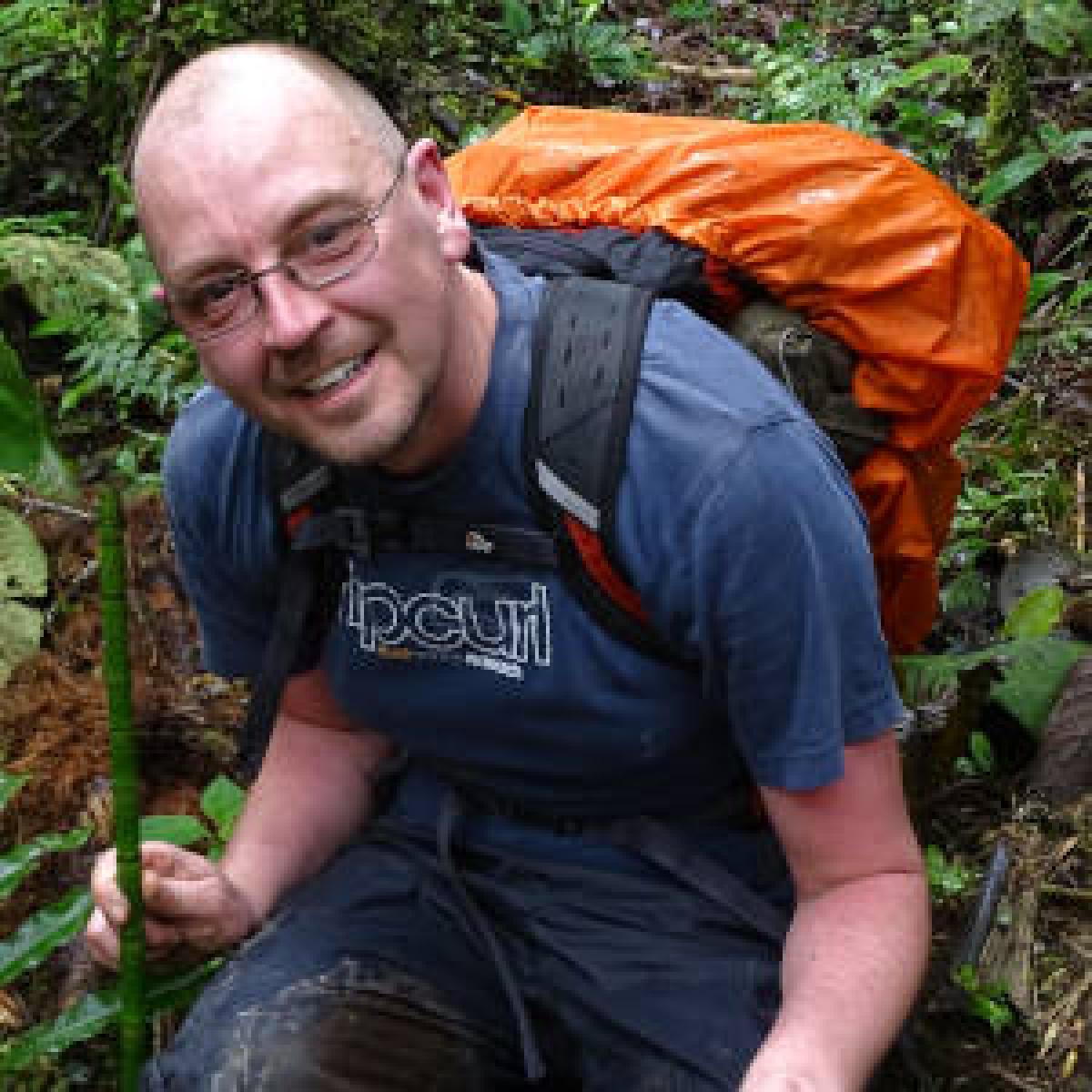
Barry Lomax - University of Nottingham, UK Vice-President

Barry Lomax - University of Nottingham, UK
Vice-President
Barry is based in the School of Biosciences at the University of Nottingham and is Professor of Plant Palaeobiology and is currently Head of Division Agriculture & Environmental Science. His research focuses on plant climate interactions over geological time and using the plant fossil record to reconstruct past environmental change through mass extinction events.
As one of the Vice-Presidents, Barry sits on Council to provide independent input on all matters, based on his previous experience of Council membership. He leads and/or participates in important sub-committees, particularly those tasked with making recommendations for grants and awards.
Email: vicepresident2@palass.org

Crispin Little - University of Leeds, UK Vice-President

Crispin Little - University of Leeds, UK
Vice-President
As one of the Vice-Presidents, Cris sits on Council to provide independent input on all matters, based on his previous experience with of the Palaeontological Association Council, other related societies and editorial matters, as well as with the palaeontological community. He leads and/or participates in important sub-committees, particularly those tasked with making recommendations for grants and awards.
Email: vicepresident1@palass.org
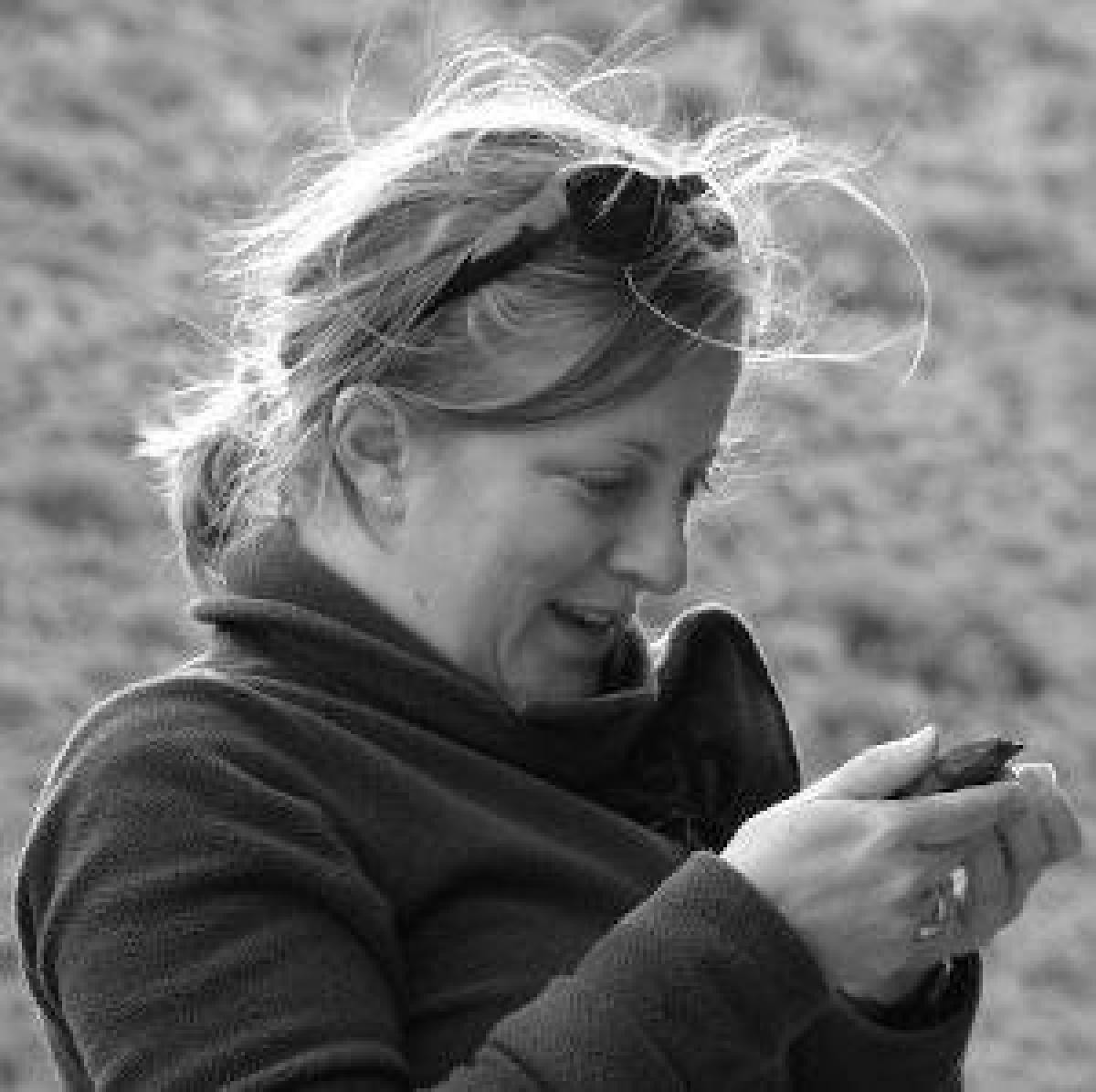
Jo Hellawell Executive Officer*

Jo Hellawell
Executive Officer*
As Executive Officer of the Palaeontological Association, Jo is employed full-time to oversee and manage things day-to-day. Jo facilitates the smooth running of the Association by assisting the Council with delivery of its key aims and strategy. Her duties are varied and include aspects of finance, sales, meetings organization and logistics, public engagement and outreach, and website maintenance. If members need any assistance they can get in touch with her, preferably via e-mail.
Jo’s research background is in geochemistry and palaeontology. She has previously held various technical and administrative posts, and has been in this role since 2016.
Email: executive@palass.org
Telephone: +44(0)191 386 1482
Address: The Palaeontological Association, Alport House, 35 Old Elvet , Durham, DH1 3HN, UK.

Paul Winrow Treasurer

Paul Winrow
Treasurer
As Treasurer, Paul's role on Council is to oversee the financial management of the Association, providing an independent sounding board for financial matters and being the link between the Executive Officer and the Trustees on finance.
Email: treasurer@palass.org
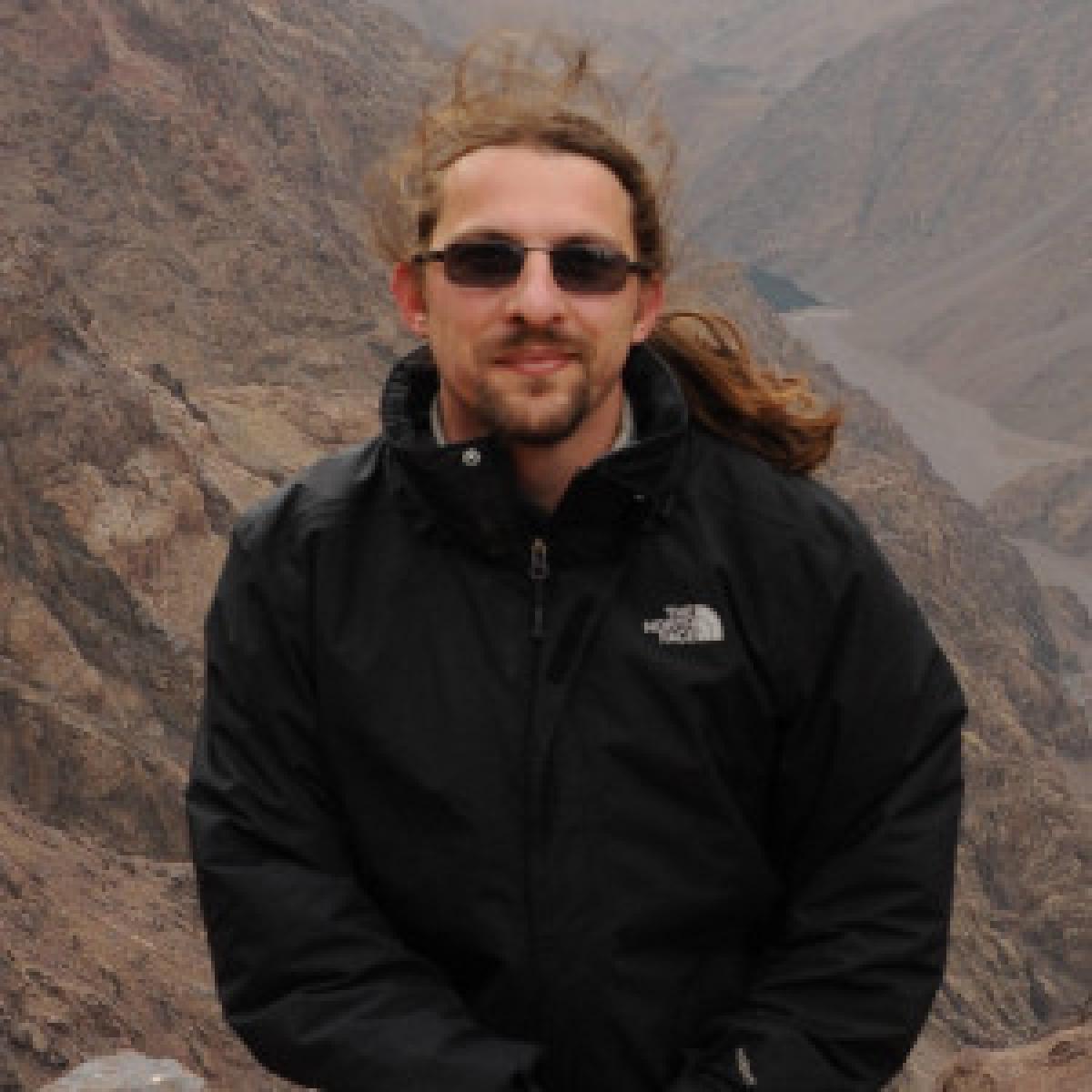
Alan R.T. Spencer - Imperial College London, UK / Natural History Museum, London, UK Secretary

Alan R.T. Spencer - Imperial College London, UK / Natural History Museum, London, UK
Secretary
Alan is a Senior Teaching Fellow at Imperial College London and Scientific Associate at the Natural History Museum, London. He is interested in the early development of seed plants and plant-fungi interactions. Specializing in non-destructive visualization techniques he can — when not teaching or wandering around mountainsides — be found sitting behind a computer screen with coffee in hand, staring at overly pixelated fossilized plant/fungi data while simultaneously contemplating the meaning of life. Alan has been involved with Council for more years then he cares to admit (or remember!). His most recent role, before becoming scretary, was as a Trustee and Internet Officer and then as (the unofficially titled) “Emeritus Internet Officer”.
The Secretary has a wide range of duties and responsibilities. In addition to preparing agendas and keeping the minutes of all the Association’s meetings, the Secretary also has a major role in keeping written records up to date, such as drafting the annual Trustees Report, recording results of elections at Annual Meetings, and drafting changes to the Constitution. The Secretary also acts as line manager for the Association Officers and has oversight on major new initiatives that Council members propose. The Secretary works closely with the President, Vice Presidents and Executive Officer on the workings and policies of the Association.
Email: secretary@palass.org
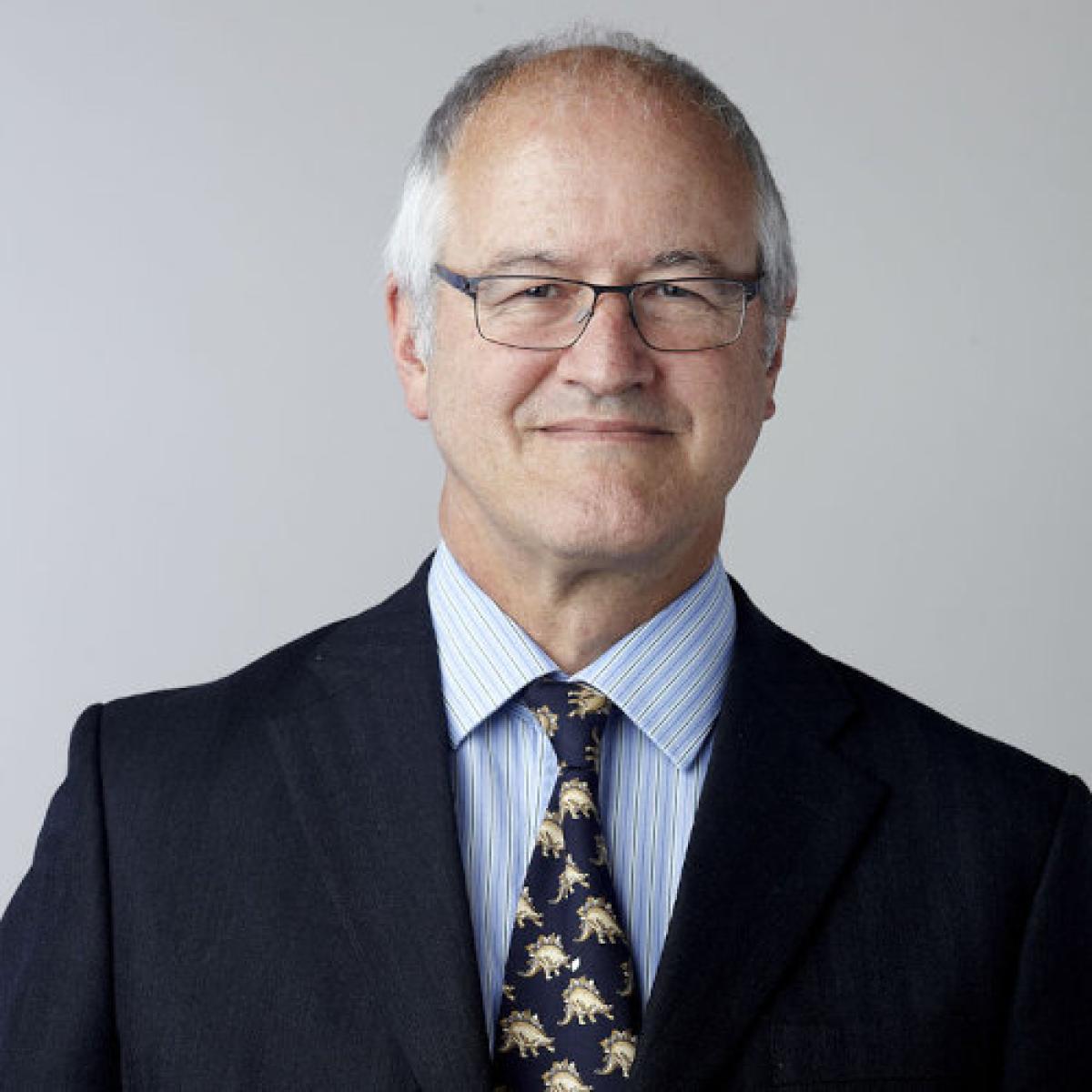
Mike Benton - University of Bristol, Bristol, UK Editor in Chief

Mike Benton - University of Bristol, Bristol, UK
Editor in Chief
Mike is a Palaeobiologist at the Unviersity of Bristol. He works on large-scale evolution of major groups such as dinosaurs, and explores the effects of mass extinctions, environmental change, and biological innovation on the evolution of reptiles, birds and mammals.
Mike is Editor-in-Chief for the Association’s journals Palaeontology and Papers in Palaeontology.
Email: mike.benton@palass.org
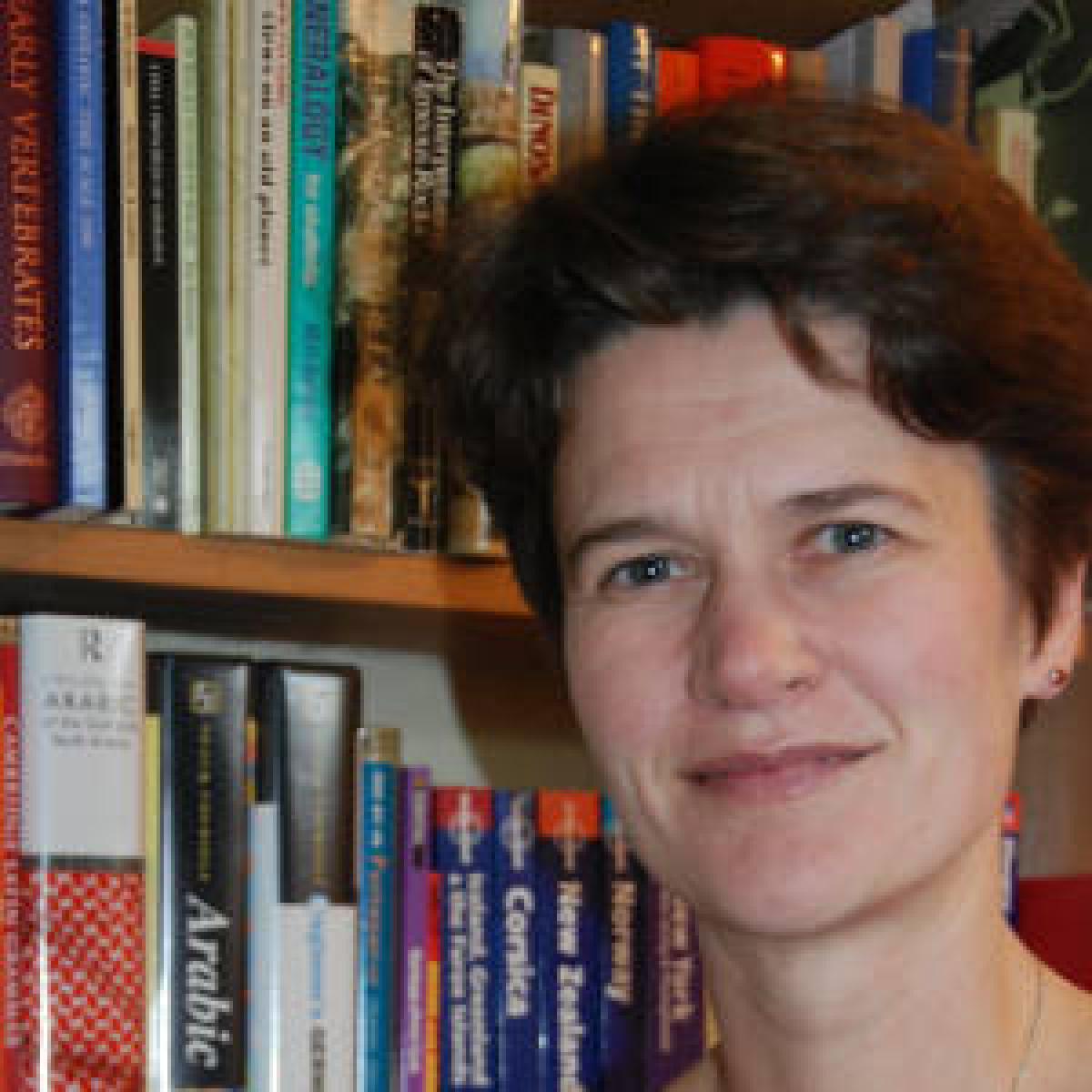
Sally J. Thomas Publications Officer*

Sally J. Thomas
Publications Officer*
Sally is the Publications Officer of the Palaeontological Association, a full-time role that involves managing the journals Palaeontology and Papers in Palaeontology. She works with authors, editors and the production team at Wiley to see papers through from submission to publication.
Sally's background is in geology and palaeontology, and she worked on Devonian tetrapods before moving to Cambridge University Press. She took on her present role in 2013.
Email: editor@palass.org
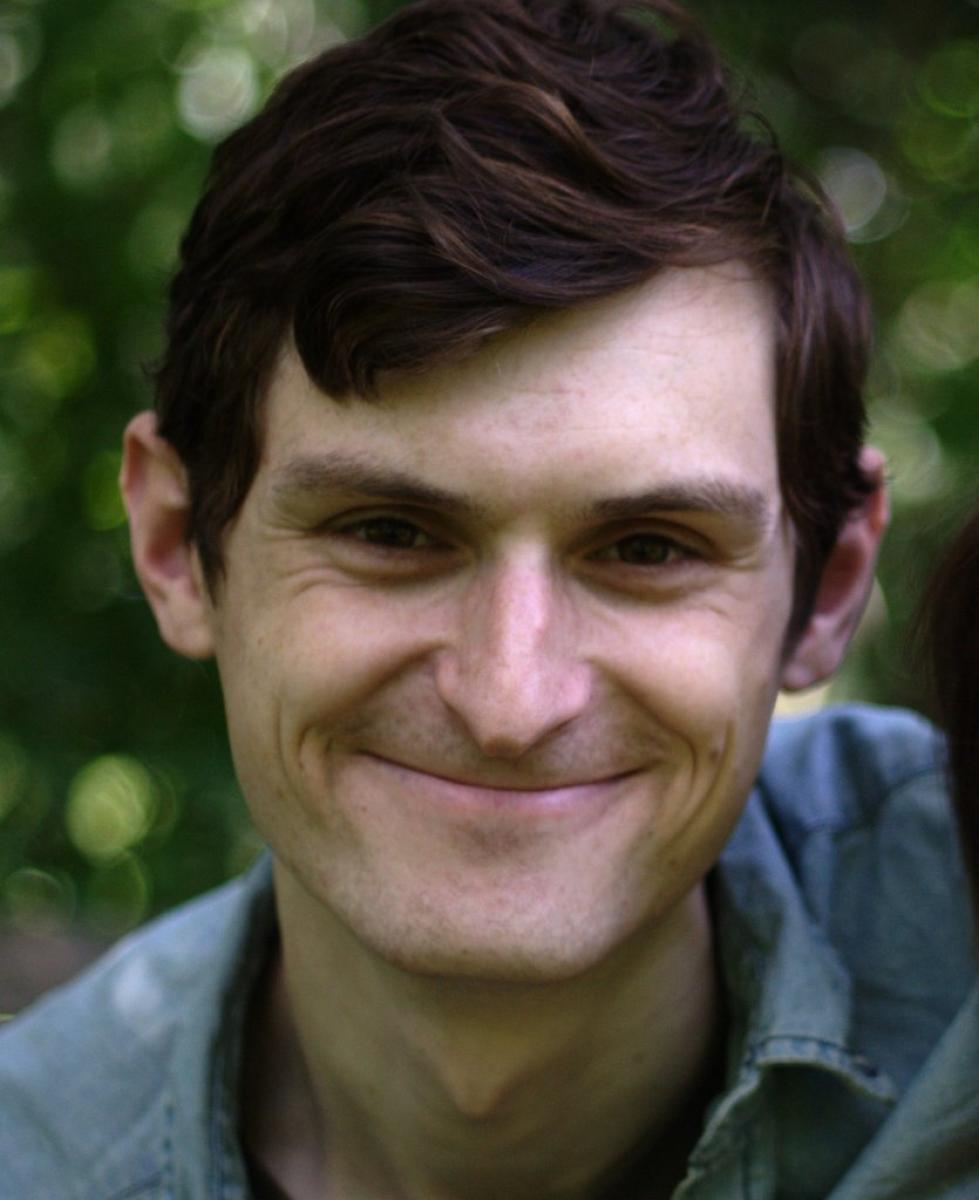
Martin Smith - University of Durham, UK Editor Trustee

Martin Smith - University of Durham, UK
Editor Trustee
Martin researches the origins of the modern animal groups. His work includes the study of unusual organisms from Burgess Shale-type deposits and their microscopic counterparts, the Small Carbonaceous Fossils. He also studies the preservation of these remarkable fossils, and the mathematical techniques used to reconstruct evolutionary history from palaeontological evidence.
Martin sits on Council as a member of the Editorial Board of the Association's journals Palaeontology and Papers in Palaeontology.
Email: martin.smith@palass.org

Michelle Stocker - Virginia Polytechnic Institute and State University, USA Editor Trustee

Michelle Stocker - Virginia Polytechnic Institute and State University, USA
Editor Trustee
Michelle Stocker [details to follow...]
Michelle sits on Council as a member of the Editorial Board of the Association's journals Palaeontology and Papers in Palaeontology.
Email: michelle.stocker@palass.org
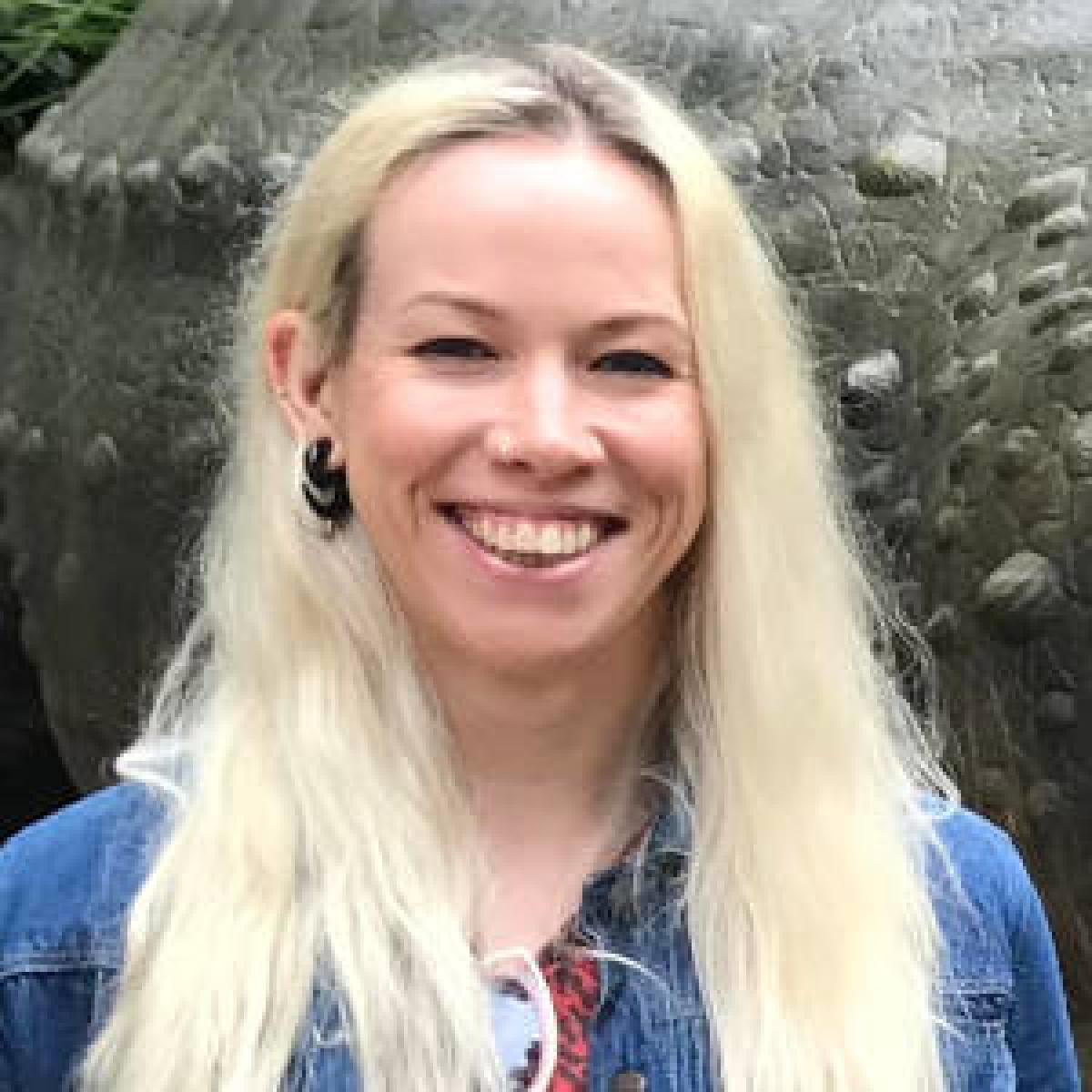
Harriet B. Drage - University of Lausanne, Switzerland Newsletter Editor

Harriet B. Drage - University of Lausanne, Switzerland
Newsletter Editor
Harrie (she/her) is a postdoctoral researcher in the Institute of Earth Sciences, University of Lausanne, Switzerland. Her research focuses on the evolution of exoskeleton moulting behaviour in the fossil record of Euarthropoda, and methods of reconstructing extinct animal ecologies in deep time. Prior to her postdoc, she worked in science education publishing for Oxford University Press in the UK. Working towards equity in science is one of her key interests, including how we ensure the language we use is inclusive and diverse. Outside of work, Harrie enjoys climbing, hiking in the Alps, lifting weights, and video games.
Harrie has been the Association's Newsletter Editor since the beginning of 2024. She works with other Council members and Association members on identifying and soliciting contributions concerning topics which are important for the palaeontological community, including career perspectives, new methods, EDI, outreach and many others. If you are interested in contributing to the Newsletter or have a topic that you would like to see covered, please e-mail Harrie.
Email: newsletter@palass.org
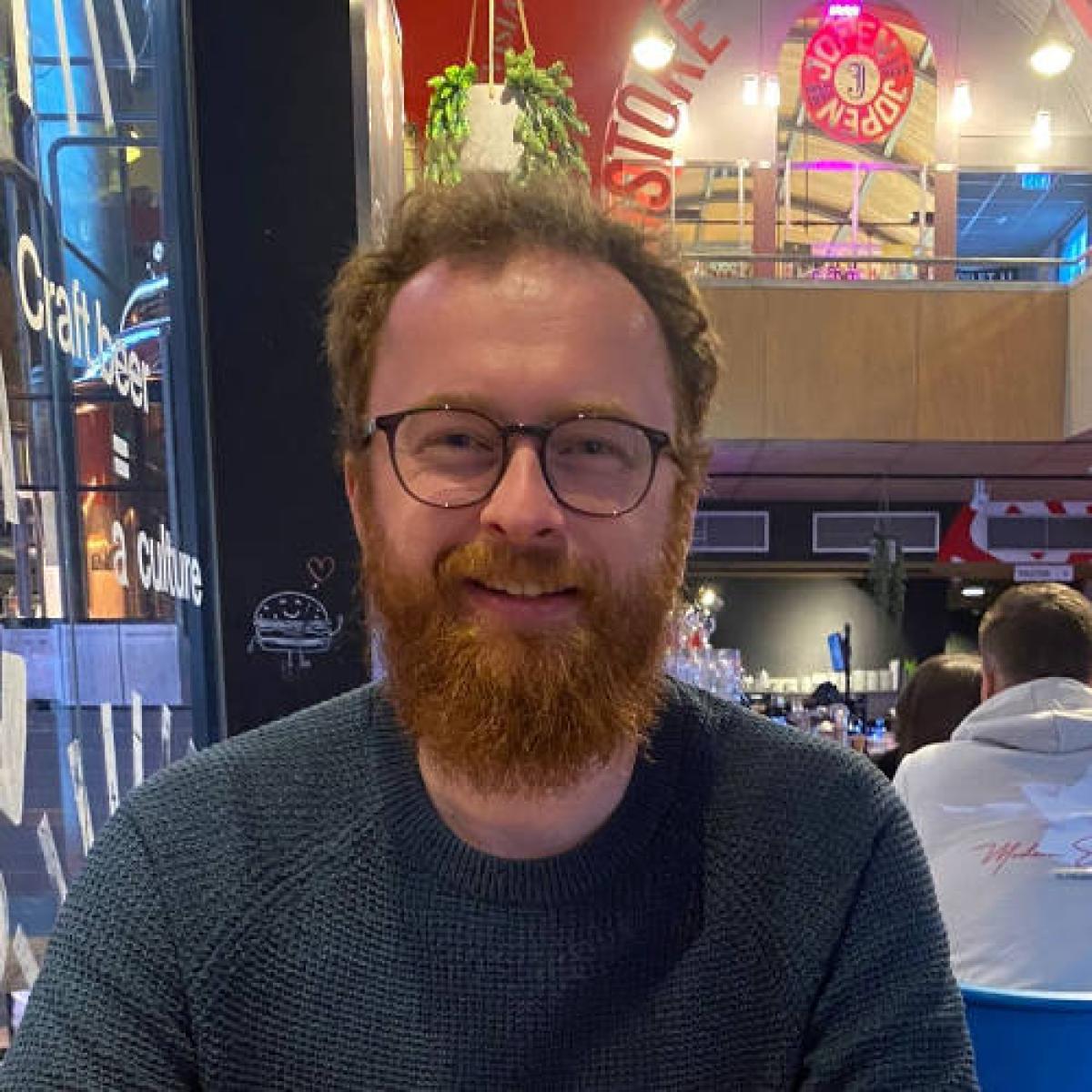
Richard P. Dearden - University of Birmingham, UK Deputy Newsletter Editor

Richard P. Dearden - University of Birmingham, UK
Deputy Newsletter Editor
Richard is a postdoc at Naturalis Biodiversity Center, Leiden, the Netherlands. He is interested in using 3D imaging methods (e.g. computed tomography) to understand the evolution of vertebrates especially cartilaginous fishes, the group that now includes sharks, rays, and chimaeras. Otherwise he enjoys reading, gaming, and painting miniatures.
In his role as Reviews Editor, Richard's job is to organise reviews of palaeontological media for the Newsletter, written by PalAss members. Many of these are book reviews, but we also very much welcome reviews of other types of media, such as video games, films, and even software packages. We publish a list of media available for reviewing in every Newsletter but if there's something else you have in mind wed love to hear from you! Please get in touch at the above email address if you are interested in contributing a review, or if you would like a specific thing reviewing.
Email: newsletter-deputy@palass.org or bookreview@palass.org
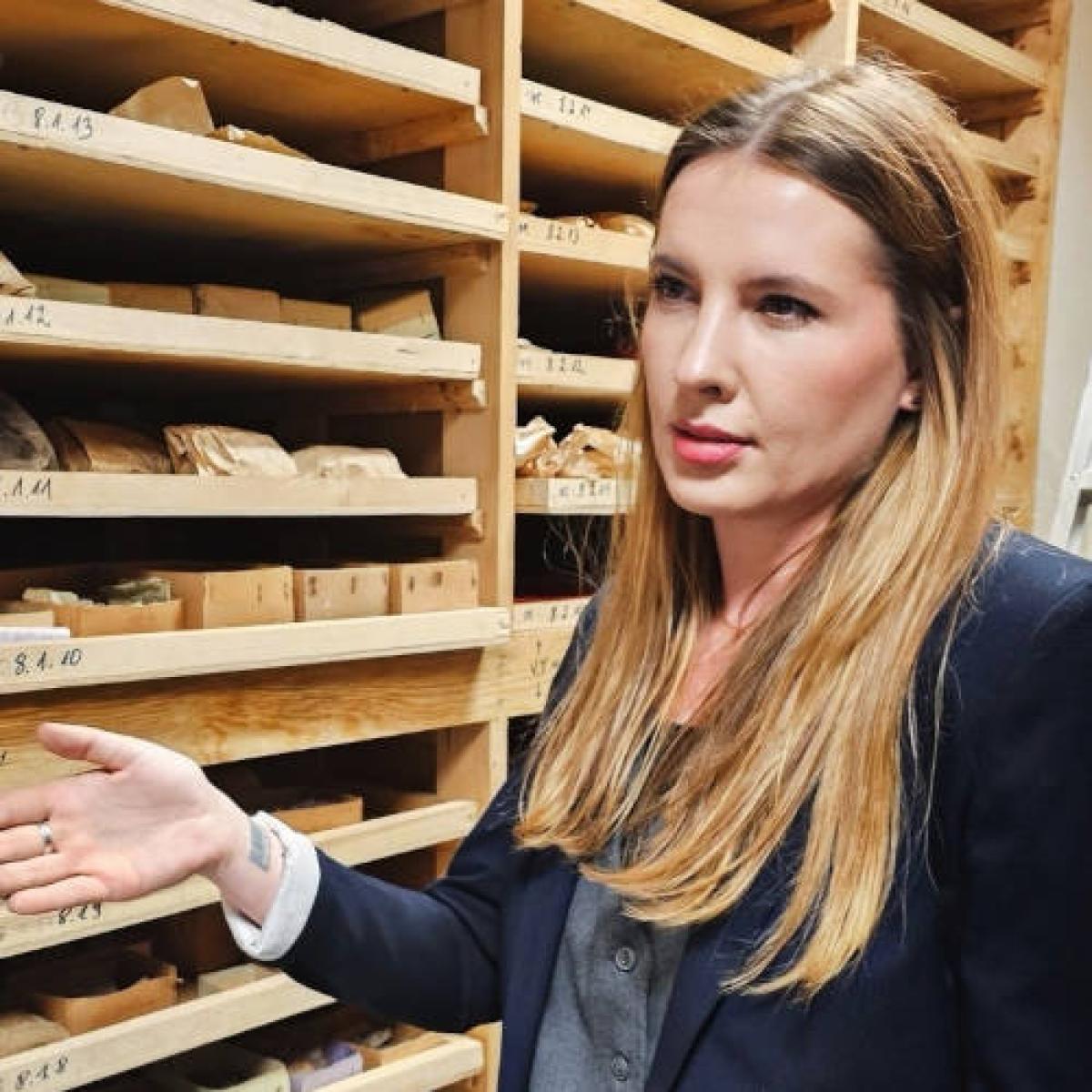
Darja Dankina - Nature Research Centre, Vilnius, Lithuania Publicity Officer

Darja Dankina - Nature Research Centre, Vilnius, Lithuania
Publicity Officer
Darja is a researcher, palaeobiologist, and curator of the palaeontological collection at the Nature Research Centre in Vilnius, Lithuania. Her research primarily focuses on Palaeozoic and Mesozoic ichthyofauna (fish groups), examining their anatomy, behaviour, and environment using histological (2D models) and tomographic (3D models) methods, as well as phylogenetic analysis. Darja, in her role as a collections curator, specialises in sample preparation, including cleaning, cataloguing, and preserving specimens. She is also responsible for developing and maintaining a palaeontological database aimed at making scientific information accessible to a wider audience.
As Publicity Officer, Darja drives the Association's social media, raising awareness of the Association's events and initiatives, promoting the Association and palaeontology among experts and the general public. She works closely with the other members of the Council's Public Engagement Group to develop and deliver our programme of public engagement work.
Email: publicity@palass.org

Luke Parry - University of Oxford Internet Officer

Luke Parry - University of Oxford
Internet Officer
Luke Parry [description to follow...]
As Internet Officer, Luke’s role is to administrate the Association’s website, e-mail systems, content management system, for example.
Email: webmaster@palass.org

Thomas Clements - University of Reading, UK Outreach Officer

Thomas Clements - University of Reading, UK
Outreach Officer
Thomas Clements [description to follow...]
As Outreach Officer, Thomas is excited by the opportunity to foster peoples interest in palaeoscience and our shared fossil heritage. If you are interested in Earth science or would like some support, please contact them.
Email: outreach@palass.org
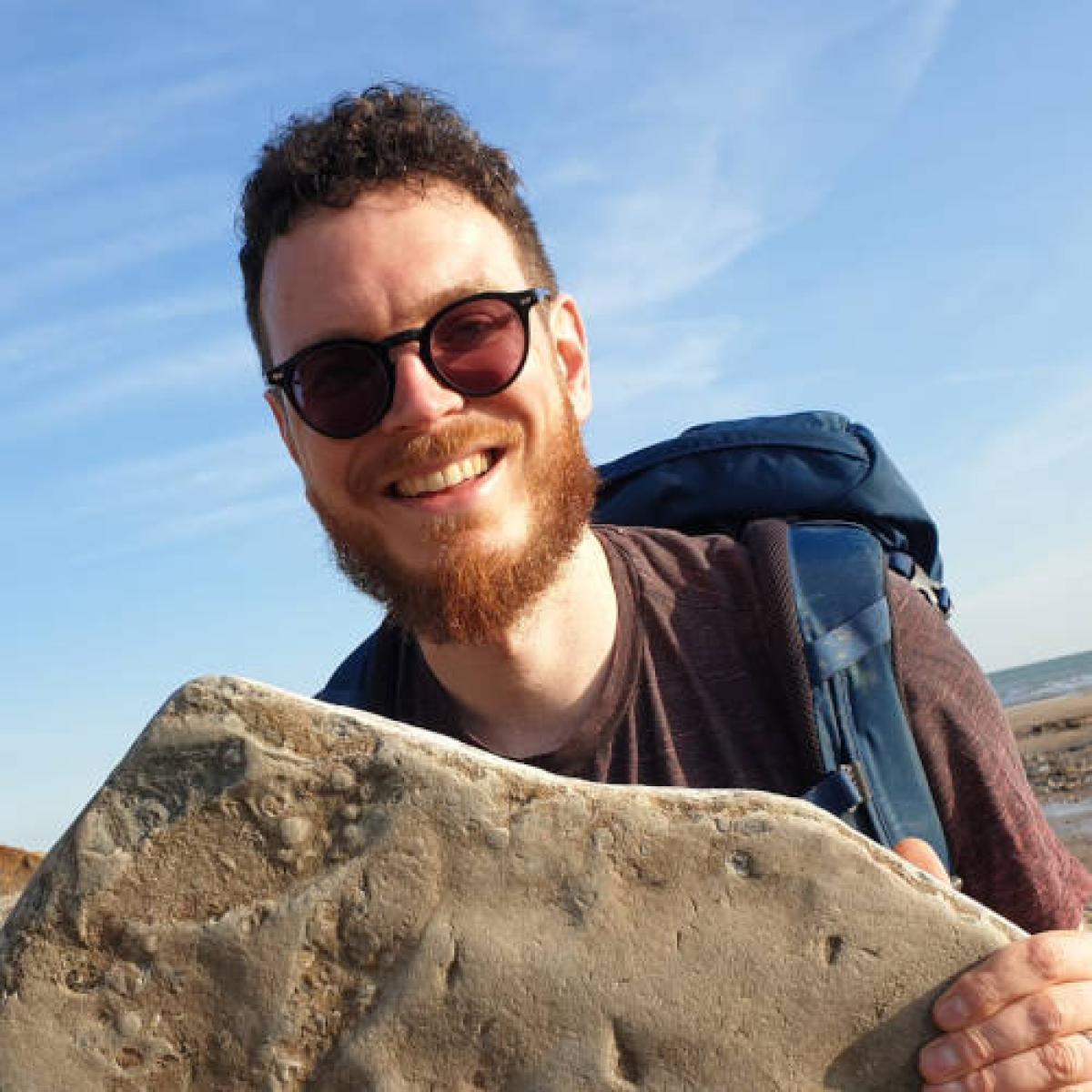
Joseph N Keating - Unviersity of Bristol, UK Education Officer

Joseph N Keating - Unviersity of Bristol, UK
Education Officer
Joe is a Senior Research Associate at the University of Bristol. He studies the evolution of morphological traits using a combination of fossil information and computer-based evolutionary models. Joe is particularly interested in early vertebrate evolution and the emergence of jawed vertebrates from jawless ancestors.
Joe serves as the Education Officer for the Palaeontological Association. As such, he is responsible for translating palaeontological research into accessible formats for both primary and secondary school students, as well as educators.
Email: education@palass.org

Imran Rahman - The Natural History Museum London, UK Meetings Coordinator

Imran Rahman - The Natural History Museum London, UK
Meetings Coordinator
Imran Rahman [description to follow...]
In his role as Meetings Coordinator, Imran is responsible for the Association's presence at major international meetings in the wider Earth sciences domain. He also coordinates the Association's Postgraduate Travel Fund.
Email: meetings@palass.org
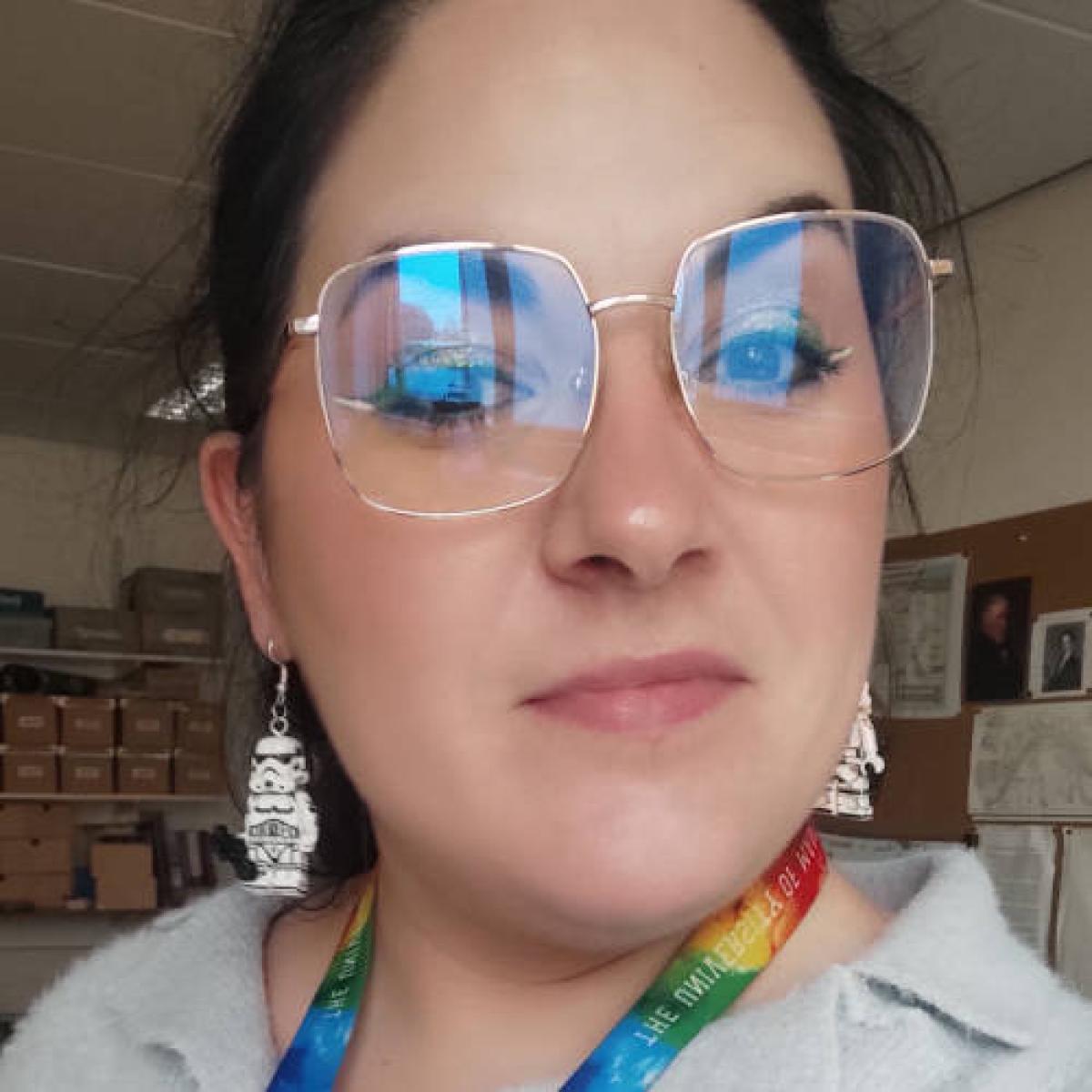
Nidia Alvarez Armada - University of Manchester, UK Diversity Officer

Nidia Alvarez Armada - University of Manchester, UK
Diversity Officer
Nidia is a Marie Curie Fellow at the University of Manchester. Her research is broad, spanning across fossil preservation and relationships with the environment of deposition; ecosystem interactions; and deep trends in evolution. During her Marie Curie Fellowship she will focus on investigating the effects that pigments, such as melanins and carotenoids, have on the mechanical properties of insect cuticles and the way they affect their potential for preservation. Her research combines novel and cutting-edge techniques, such as microscale material testing and computational fluid dynamics, with more conventional experimental methodology, such as decay experiments, to discern a more accurate image of ancient insect communities.
In her role as a Diversity Officer, she commits to work towards a more diverse and inclusive palaeontological community. She will particularly focus on academic equity addressing current issues such as disabilities, geographic, socioeconomic and gender inequities.
Email: diversity@palass.org

Miriam Slodownik - Trinity College Dublin, The University of Dublin, Irland Early Research Career Officer

Miriam Slodownik - Trinity College Dublin, The University of Dublin, Irland
Early Research Career Officer
Miriam Slodownik [description to follow...]
As Early Research Career Officer, Miriam's role is to raise awareness of the challenges facing the ECR community and create new support activities. She will work closely with the other members of the Council, such as the Diversity Group, to continue to ensure an inclusive space for all Association members.
Email: erc@palass.org
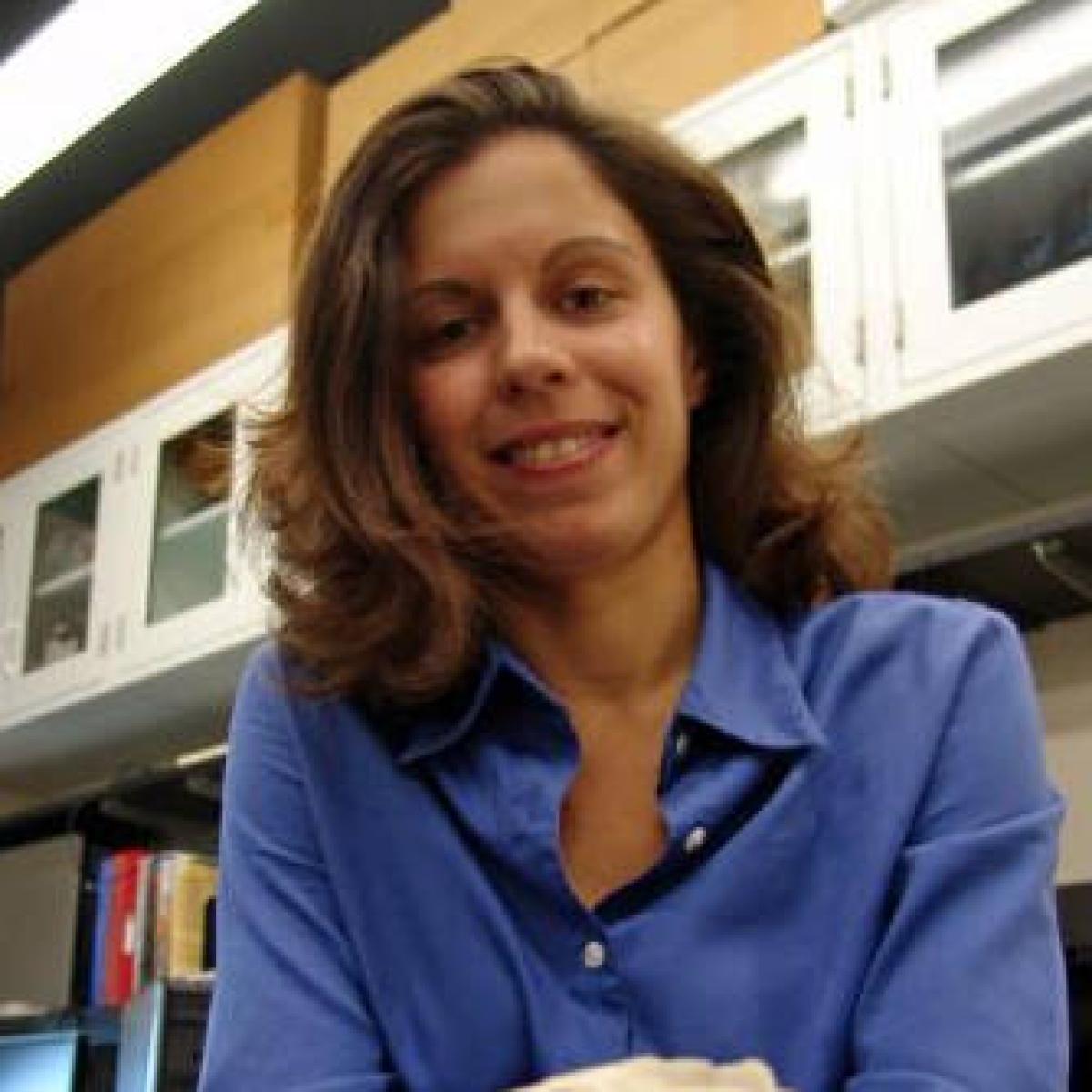
Laura Porro - University College London, UK Ordinary Member

Laura Porro - University College London, UK
Ordinary Member
Laura is an associate professor at University College London. Her research area is evolutionary anatomy and biomechanics, and she uses a combination of high-resolution imaging, computer modelling and experiments to understand the evolution of form and function across a wide range of fossil and living vertebrates, with her favourite groups being crocodilians, early dinosaurs and early tetrapods.
Laura sits on the Council as an Ordinary Member with particular interests in assisting early career researchers as well as contributing to public outreach and education.
Email: laura.porro@palass.org.
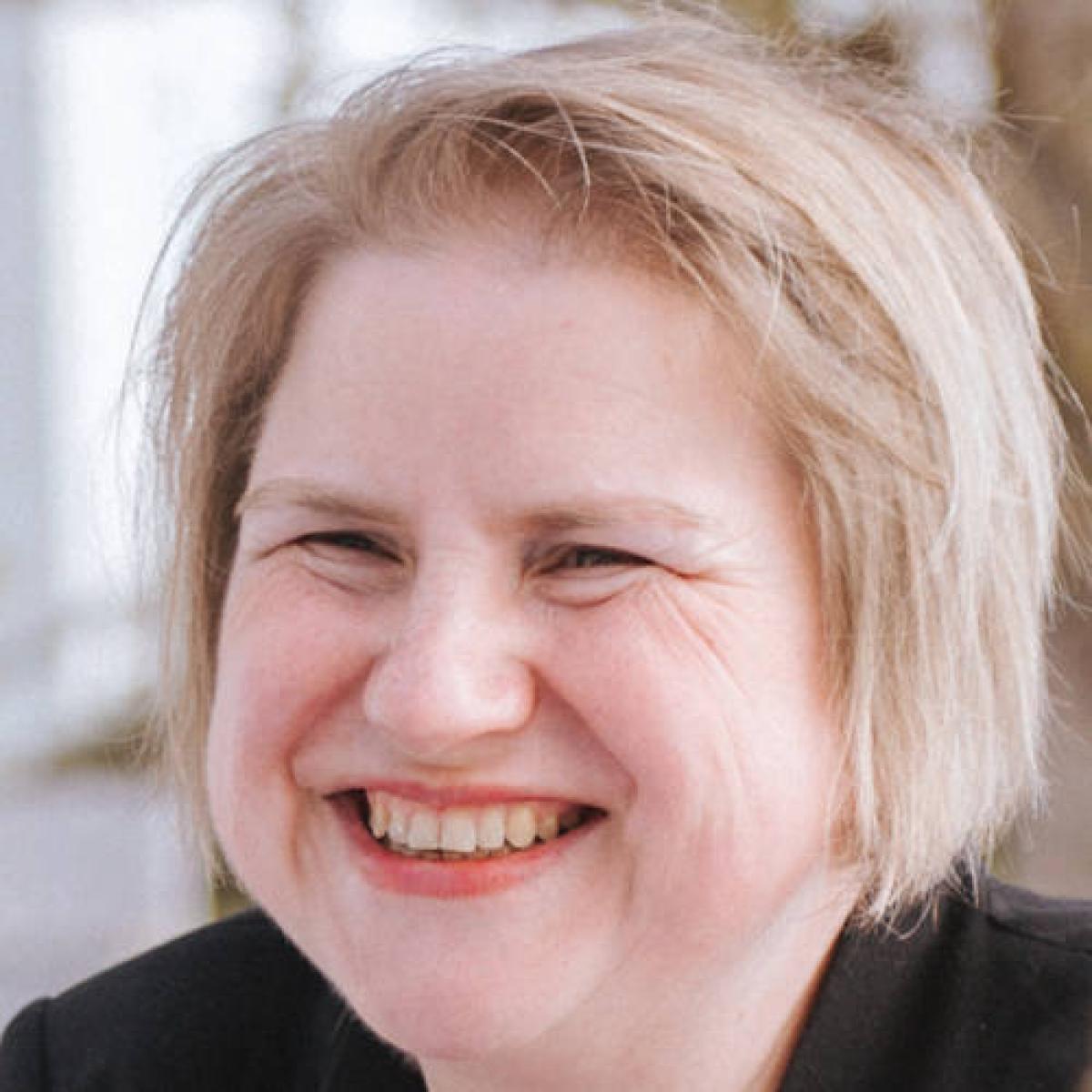
Daniela Schmidt - University of Bristol, UK Ordinary Member

Daniela Schmidt - University of Bristol, UK
Ordinary Member
I am a Professor in the School of Earth Science at the University of Bristol. My research focuses on understanding the causes and effects of climate change on marine systems today and in the geological record. Marine organisms are ideal high resolution archives for climate change but also provide a wide range of ecosystem services. I have transferred tools from a wide range of fields and am combing large morphometric datasets, CT scanning, and high resolution geochemical and material properties. I serve on NERC Science committee and am an Expert College member for the office for environmental protection. As the coordinating lead author for the IPCC WGII, I had the privilege to bring palaeontology into the reports in the 5th and 6th IPCC assessment. Coordinating the negotiations with the governments, ensuring our messages were heard loud and clear, is something I am very proud of.
As an ordinary member on council I hope to get involved into several pressing issues, such as the diversity of our field, career paths and professions in which students can apply their skills, and working across the policy arena to increase the impact of our work.
Email: daniela.schmidt@palass.org.
Co-opted*
- Aamir Mehmood - University College London, UK (Progressive Palaeontology 2026 representatives; email: progpal2026@palass.org)
- Nic Minter - University of Portsmouth, UK (Annual Meeting 2025 representative; email: annualmeeting2025@palass.org)
- Ross Anderson - University of Oxford, UK (Annual Meeting 2026 representative; email: annualmeeting2026@palass.org)
- Russell Garwood - University of Manchester, UK.
- Neil J Gostling - The University of Southampton, UK.




